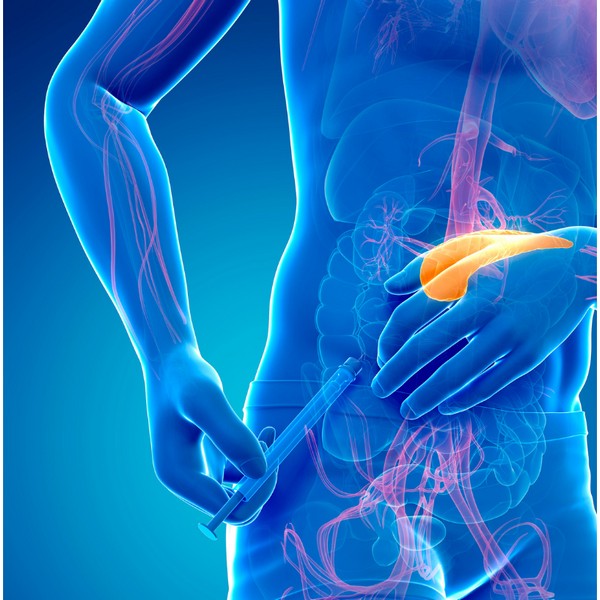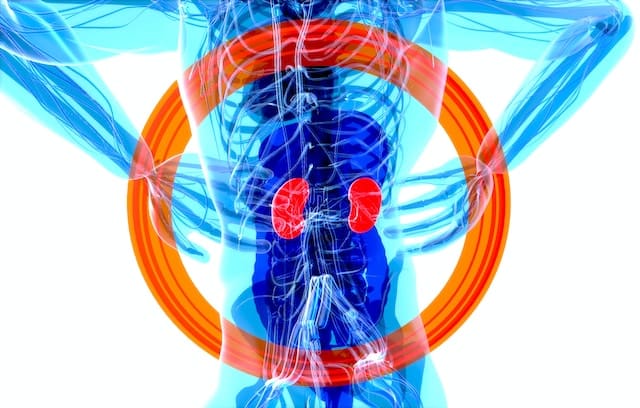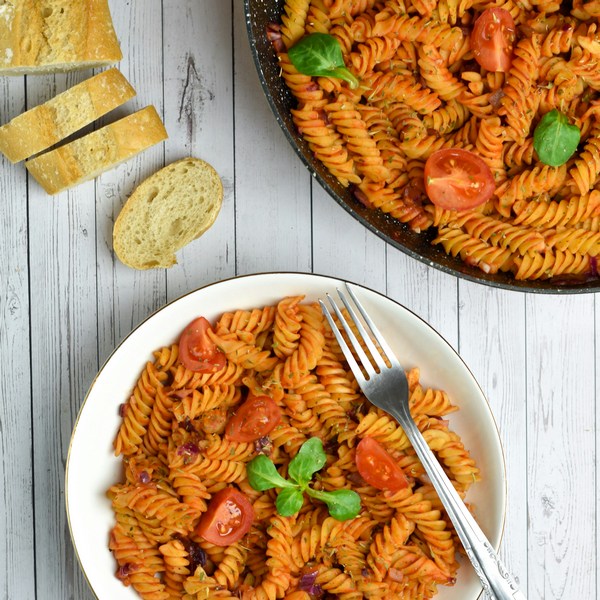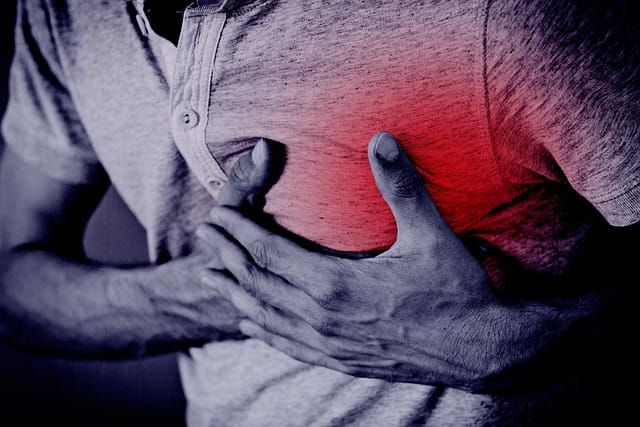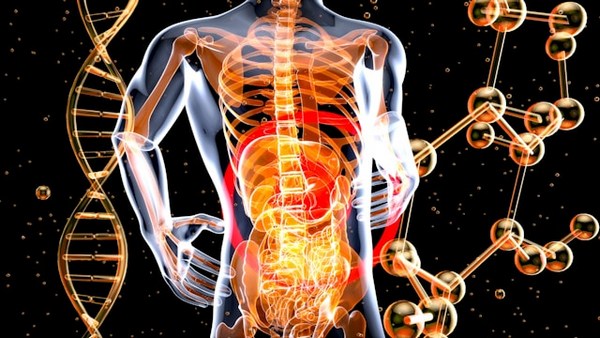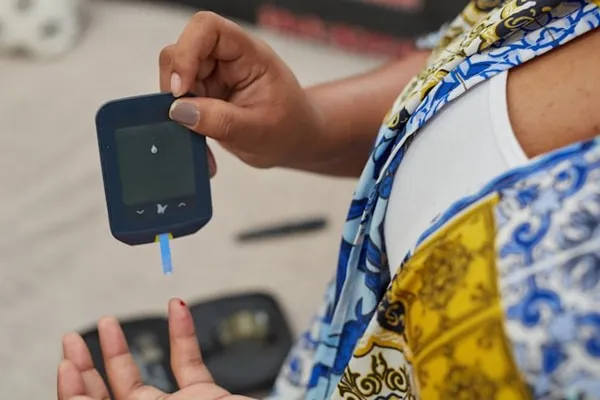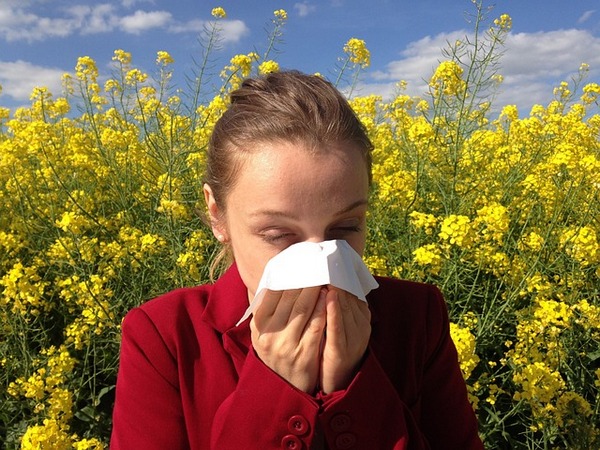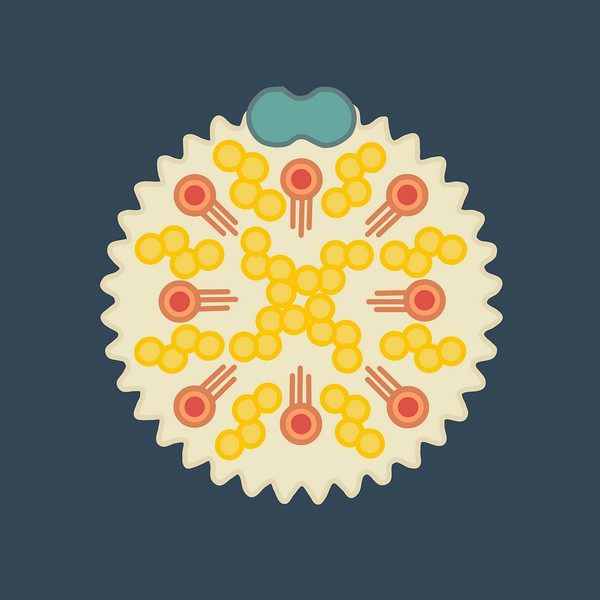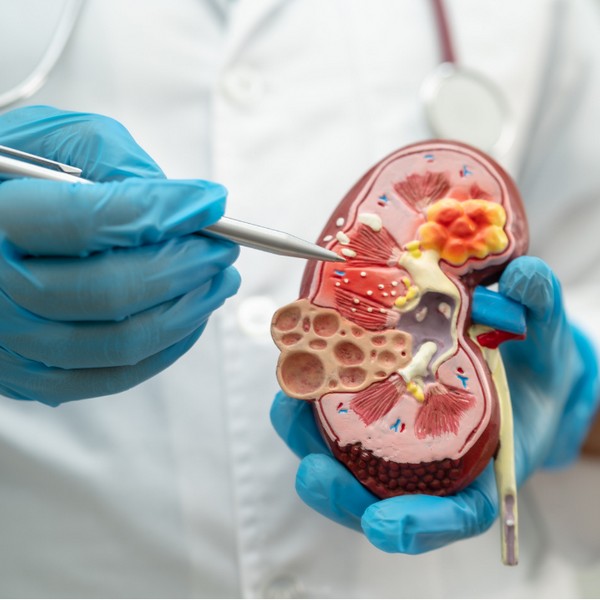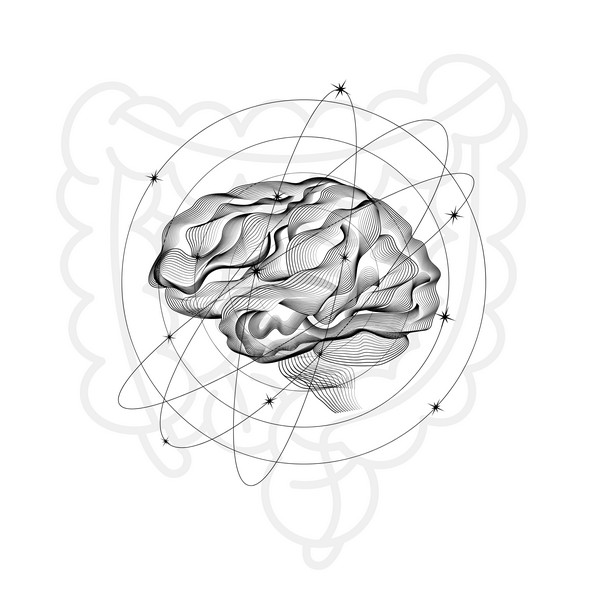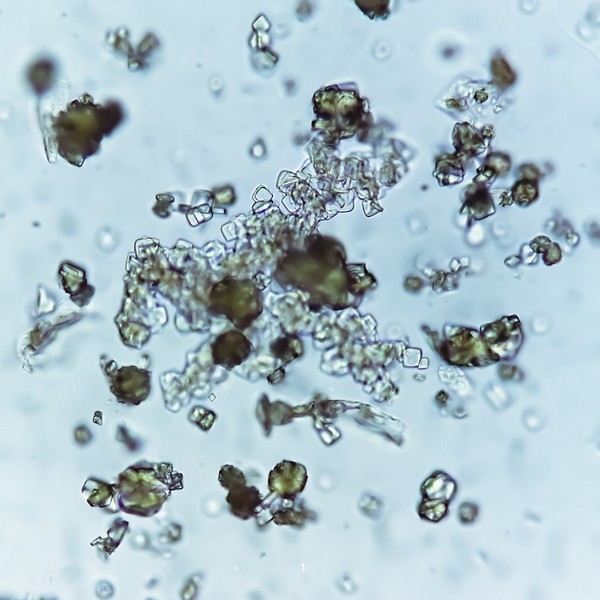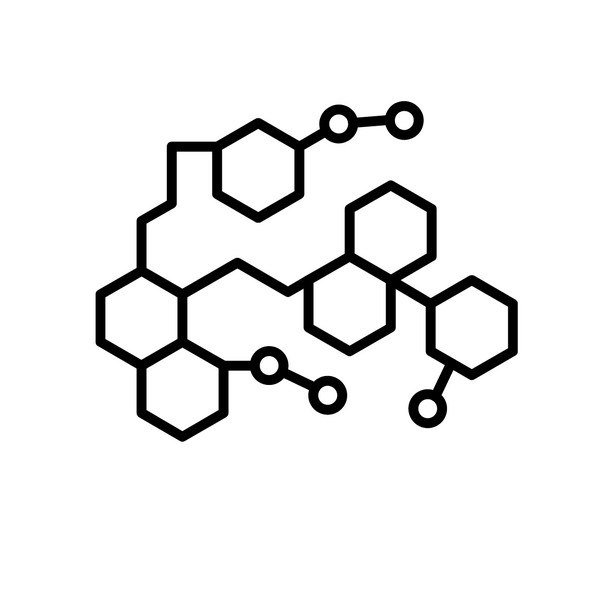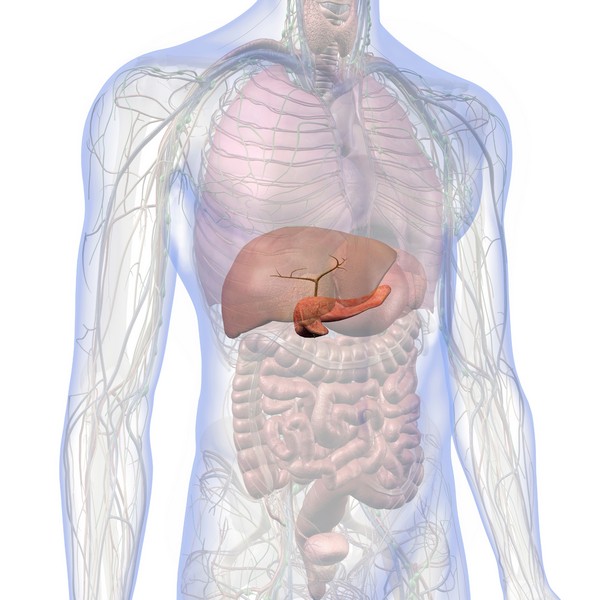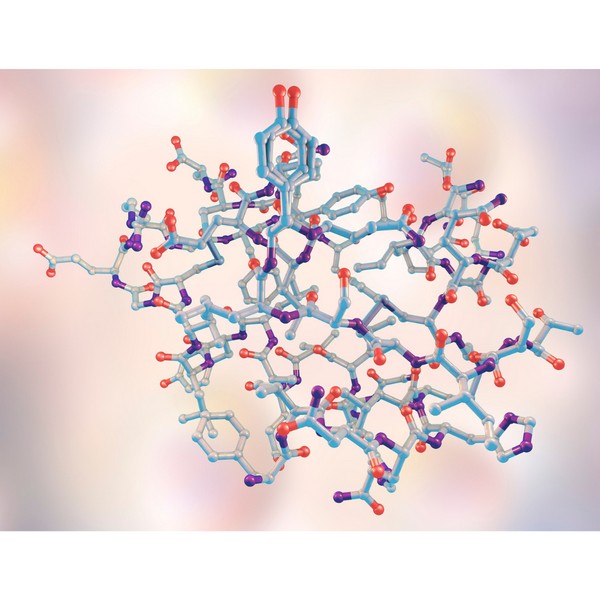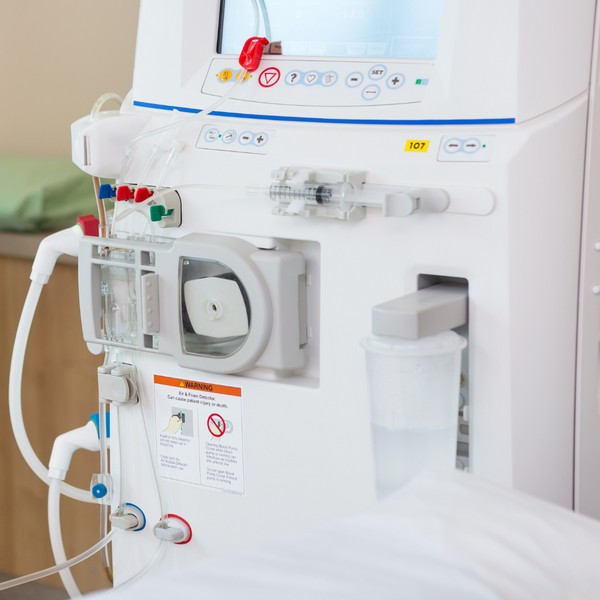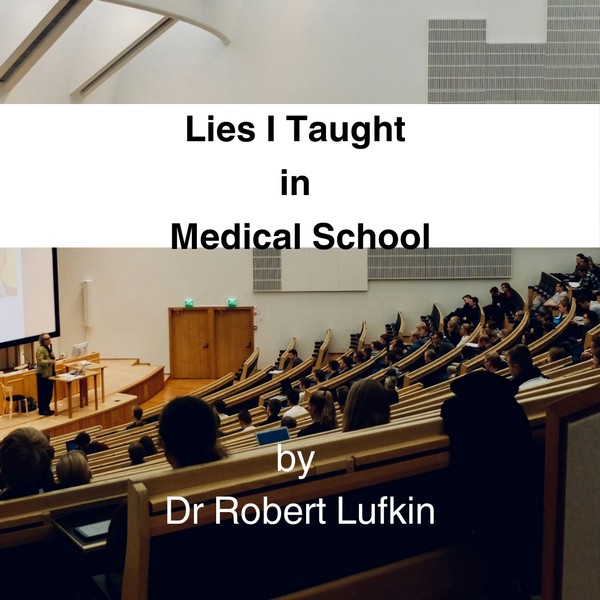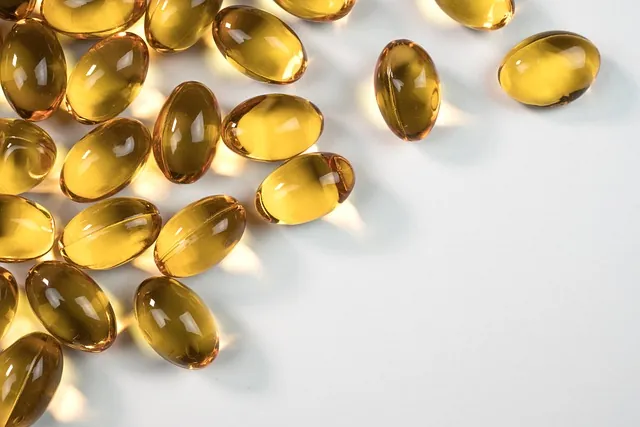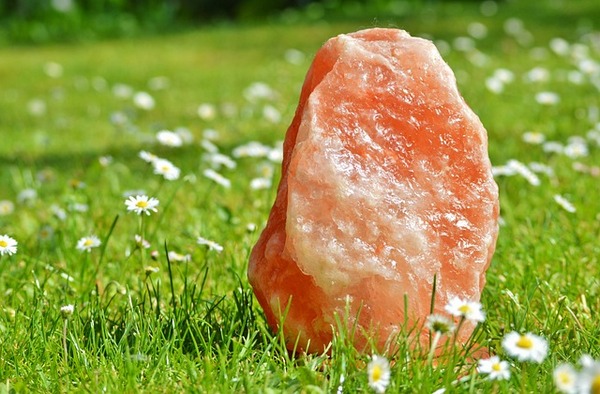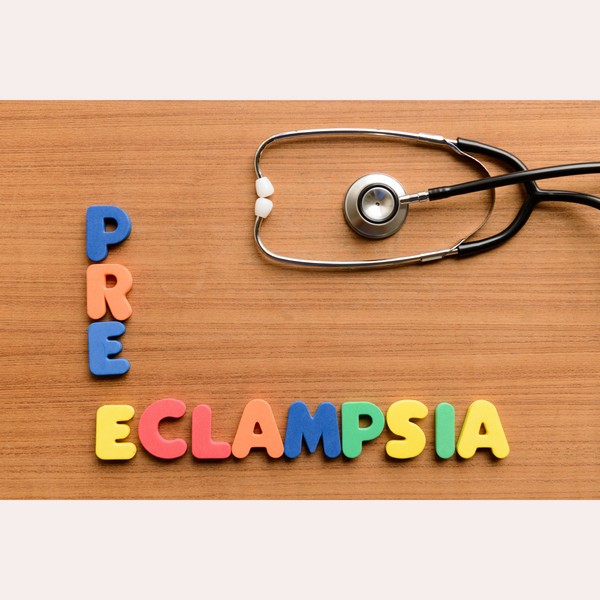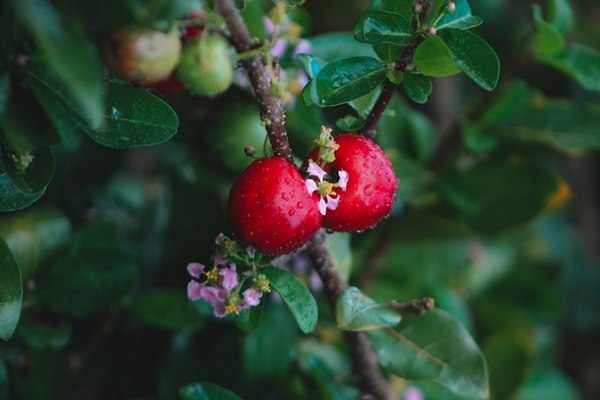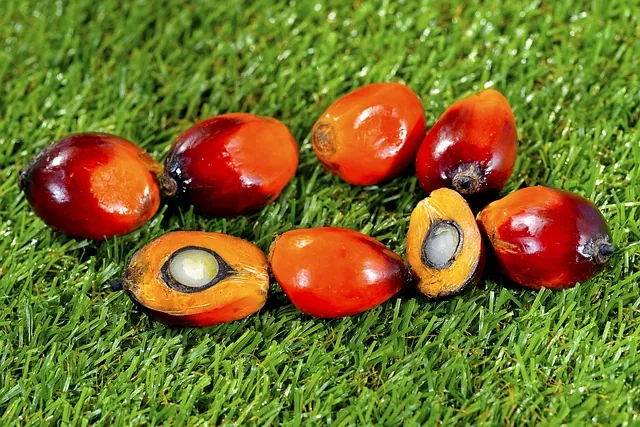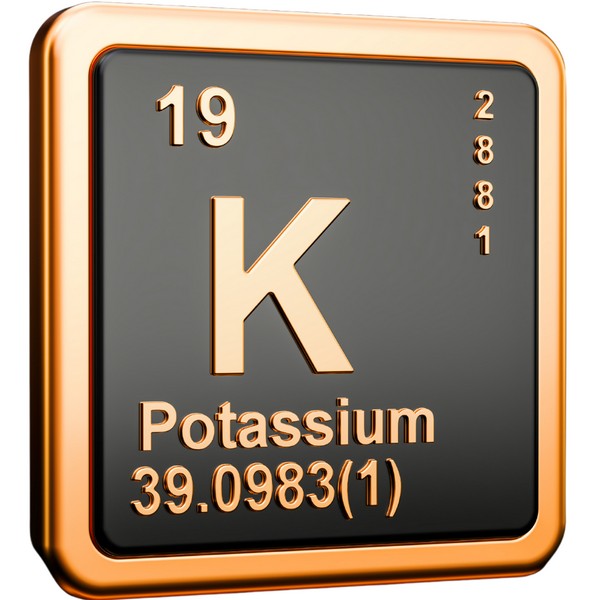Maintaining healthy blood pressure levels is essential for overall well-being, as high blood pressure can lead to serious health complications.
However, it is possible to manage blood pressure naturally by incorporating healthy lifestyle choices. These choices not only help manage blood pressure, but also offer countless benefits for overall health.
Table of Contents
Maintain a Healthy Diet
A healthy diet is essential for managing blood pressure. Stay away from fast food, take out and highly processed packaged food. Instead choose actual real food.
Consume an organic, grass-fed, animal-based, nutrient-dense, and very low carbohydrate diet to help achieve healthy blood pressure levels.
Contrary to what you may have been told, you need to load up on red meat, especially beef. Low fat is your enemy, so have your fill of fatty fish and lots of eggs.
Get Adequate Sleep
Getting enough sleep is not only essential for feeling refreshed and energized, but it also plays a crucial role in maintaining a healthy blood pressure.
During sleep, our body repairs and rejuvenates itself, helping to lower blood pressure levels.
On the other hand, inadequate or impaired sleep can lead to elevated blood pressure, increasing the risk of heart disease and stroke.
To improve sleep quality, it’s important to establish a consistent sleep routine, create a comfortable sleep environment, and limit caffeine and screen time before bed.
Prioritizing good sleep habits can positively impact your blood pressure and overall well-being. Aim to get at least 7 to 9 hours of solid restorative sleep nightly.
Physical Activity

Regular physical activity is an effective way to manage stress and maintain overall health. This does not have to be a boring scheduled chore or a strenuous burden.
Take a walk around the neighborhood, join a hiking group or yoga class, install a step counter on your phone, and aim for at least 10,000 steps daily.
Make an effort to seek out ways to move more throughout the day. Use stairs instead of elevators and part far away from entrances.
If you prefer a more conventional approach, aim for at least 150 minutes of moderate-intensity aerobic exercise or 75 minutes of vigorous-intensity exercise per week.
Engage in moderate aerobic exercises like brisk walking, cycling, or swimming for at least 150 minutes per week to regulate blood pressure.
Manage Stress

Stress is a key contributor to high blood pressure. Practice stress-reducing techniques like meditation, deep breathing exercises, or engaging in hobbies that help you relax to manage stress and maintain healthy blood pressure levels.
Reach out and maintain social connections with people that positively impact your mental state. Conversely, steer clear of the ones that disturb your equilibrium.
Quit Smoking and Drinking
Alcohol and tobacco can have serious implications for your blood pressure. It’s important to note that there are no health benefits associated with these substances, only harmful effects.
Engaging in behaviors that involve deliberately ingesting toxins is not conducive to maintaining healthy blood pressure. If you are a smoker, quitting smoking is crucial for effectively managing your blood pressure levels.
It is recommended to seek out support and resources that can assist you in quitting these harmful habits.
Remember, no amount of alcohol or tobacco is considered safe, as they both have detrimental impacts on your overall health.
Maintain a Healthy Weight

Keeping your body mass index (BMI) within a healthy range is crucial for managing blood pressure. Balance your calorie intake with regular physical activity to maintain a healthy weight and achieve healthy blood pressure levels.
Consider Supplements
While there are several medications available to treat high blood pressure, certain supplements have demonstrated the potential to ameliorate hypertensive conditions.
- Lumbrokinase: Lumbrokinase is a group of proteolytic enzymes derived from earthworms (Lumbricus rubellus), recognized for improving blood flow and supporting a healthy heart.
- Nattokinase: Nattokinase is a proteolytic enzyme derived from natto, a traditional Japanese fermented soybean dish. It is produced by the bacterium Bacillus subtilis during the fermentation process and has attracted attention for its cardiovascular health benefits.
- Serrapeptase: Serrapeptase is a proteolytic enzyme produced by the Serratia bacteria, which resides in the intestines of silkworms. This enzyme has gained popularity as a natural supplement for its anti-inflammatory properties and ability to break down non-living tissue without harming living tissue.
- Magnesium: Magnesium is a mineral that is essential for many bodily functions, including regulating blood pressure. Studies have shown that magnesium can help lower blood pressure by relaxing the blood vessels and improving blood flow.
- The recommended daily intake of magnesium is 5mg per pound of body weight.
- Ubiquinol: CoQ10 is an enzyme that is naturally produced by the body. It helps the heart and blood vessels function effectively and efficiently. Studies have shown that taking CoQ10 supplements can help improve blood pressure and reduce the risk of heart disease.
- The recommended daily dose is between 100-200mg.
- Cod Liver Oil: Cod liver oil is a supplement that is rich in omega-3 fatty acids. These fatty acids are known to reduce inflammation and improve heart health. Studies have shown that taking cod liver oil supplements can help lower blood pressure and reduce the risk of heart disease. Rosita Real Foods and Jigsaw Health are the two high-quality brands recommended.
- Whole Food Vitamin C Complex: Vitamin C is an essential nutrient that helps protect the blood vessels from damage and also helps lower blood pressure. Do not confuse whole food vitamin C complex with ascorbic acid and other synthetic so-called vitamins typically found in most pharmacies.
- Taurine: Taurine is an amino acid that has been shown to help lower blood pressure by relaxing the blood vessels. It is usually taken in the form of a supplement, and the recommended daily dose is around 1-3g.
- Garlic: Research studies have demonstrated that garlic contains compounds that help relax blood vessels, reducing blood pressure levels. This effect is attributed to allicin, released when garlic cloves are crushed or chopped. Allicin has been found to stimulate nitric oxide production in the body. This molecule helps to widen blood vessels, thereby reducing resistance to blood flow and lowering blood pressure. Hence, incorporating garlic into one’s diet can maintain healthy blood pressure levels.
- Green Tea: Green tea is a popular beverage that is rich in antioxidants. These antioxidants help protect the heart and blood vessels and also help lower blood pressure.
- It is recommended that you drink around 3-4 cups of organic loose-leaf green tea per day to see the benefits.
- Hawthorn: Hawthorn is a natural herb that has been used for centuries to improve heart health. Studies have shown that hawthorn can help lower blood pressure by improving blood flow and relaxing the blood vessels. It is usually taken in the form of a supplement.
- Probiotics: Probiotics are beneficial bacteria that live in the gut. Studies have shown that taking probiotic supplements can help reduce blood pressure by improving gut health.
- Potassium: Potassium is another mineral that supports regulating blood pressure. It helps the body eliminate excess sodium, which can lead to high blood pressure. Foods that are high in potassium include bananas, sweet potatoes, spinach, and avocado.
- It is recommended that adults consume around 4700mg of potassium per day.
Regularly monitoring your blood pressure can help track any changes or fluctuations. Use a reliable blood pressure monitor and follow the instructions for accurate readings to manage blood pressure effectively.
There are numerous natural options available for lowering blood pressure, including the use of supplements.
Pharmaceutical drugs may not always be necessary and individuals should consult their health care provider prior to starting any health related regimen.
Remember to check out related resources for further information and guidance. Take charge of your health today!
Research
Yang, S., Lin, R., Si, L., Li, Z., Jian, W., Yu, Q. and Jia, Y., 2019. Cod-Liver Oil Improves Metabolic Indices and hs-CRP Levels in Gestational Diabetes Mellitus Patients: A Double-Blind Randomized Controlled Trial. Journal of Diabetes Research, [online] 2019, pp.1–13. https://doi.org/10.1155/2019/7074042.
Weiner, B.H., Ockene, I.S., Levine, P.H., Cuénoud, H.F., Fisher, M., Johnson, B.F., Daoud, A.S., Jarmolych, J., Hosmer, D., Johnson, M.H. and Natale, A., 1986. Inhibition of atherosclerosis by cod-liver oil in a hyperlipidemic swine model. New England Journal of Medicine, 315(14), pp.841-846.
Gopinath, B., Flood, V.M., Rochtchina, E., Baur, L.A., Smith, W. and Mitchell, P., 2012. Influence of high glycemic index and glycemic load diets on blood pressure during adolescence. Hypertension, 59(6), pp.1272-1277.
Byrne P, Demasi M, Jones M, Smith SM, O’Brien KK, DuBroff R. Evaluating the Association Between Low-Density Lipoprotein Cholesterol Reduction and Relative and Absolute Effects of Statin Treatment: A Systematic Review and Meta-analysis. JAMA Intern Med. 2022;182(5):474–481. doi:10.1001/jamainternmed.2022.0134
Heidari-Beni, M., Golshahi, J., Esmaillzadeh, A. and Azadbakht, L., 2015. Potato consumption as high glycemic index food, blood pressure, and body mass index among Iranian adolescent girls. ARYA atherosclerosis, 11(Suppl 1), p.81.
Beulens, J, de Bruijne, L, Stolk, R. et al. High Dietary Glycemic Load and Glycemic Index Increase Risk of Cardiovascular Disease Among Middle-Aged Women: A Population-Based Follow-Up Study. J Am Coll Cardiol. 2007 Jul, 50 (1) 14–21.
https://doi.org/10.1016/j.jacc.2007.02.068
Zhao CN, Meng X, Li Y, Li S, Liu Q, Tang GY, Li HB. Fruits for Prevention and Treatment of Cardiovascular Diseases. Nutrients. 2017 Jun 13;9(6):598. doi: 10.3390/nu9060598. PMID: 28608832; PMCID: PMC5490577.
Rajha HN, Paule A, Aragonès G, Barbosa M, Caddeo C, Debs E, Dinkova R, Eckert GP, Fontana A, Gebrayel P, Maroun RG, Napolitano A, Panzella L, Pasinetti GM, Stevens JF, Schieber A, Edeas M. Recent Advances in Research on Polyphenols: Effects on Microbiota, Metabolism, and Health. Mol Nutr Food Res. 2022 Jan;66(1):e2100670. doi: 10.1002/mnfr.202100670. Epub 2021 Dec 2. PMID: 34806294.
Wu P, Li F, Zhang J, Yang B, Ji Z, Chen W. Phytochemical compositions of extract from peel of hawthorn fruit, and its antioxidant capacity, cell growth inhibition, and acetylcholinesterase inhibitory activity. BMC Complement Altern Med. 2017 Mar 11;17(1):151. doi: 10.1186/s12906-017-1662-y. PMID: 28284186; PMCID: PMC5346202.
Cloud, A., Vilcins, D. and McEwen, B., 2020. The effect of hawthorn (Crataegus spp.) on blood pressure: A systematic review. Advances in Integrative Medicine, [online] 7(3), pp.167–175. https://doi.org/10.1016/j.aimed.2019.09.002.
Ao T, Kikuta J, Ishii M. The Effects of Vitamin D on Immune System and Inflammatory Diseases. Biomolecules. 2021 Nov 3;11(11):1624. doi: 10.3390/biom11111624. PMID: 34827621; PMCID: PMC8615708.
Calder PC. Omega-3 fatty acids and inflammatory processes: from molecules to man. Biochem Soc Trans. 2017 Oct 15;45(5):1105-1115. doi: 10.1042/BST20160474. Epub 2017 Sep 12. PMID: 28900017.
Johnson CR, Thacher TD. Vitamin D: immune function, inflammation, infections and auto-immunity. Paediatr Int Child Health. 2023 Nov;43(4):29-39. doi: 10.1080/20469047.2023.2171759. Epub 2023 Mar 1. PMID: 36857810.
Toti E, Chen CO, Palmery M, Villaño Valencia D, Peluso I. Non-Provitamin A and Provitamin A Carotenoids as Immunomodulators: Recommended Dietary Allowance, Therapeutic Index, or Personalized Nutrition? Oxid Med Cell Longev. 2018 May 9;2018:4637861. doi: 10.1155/2018/4637861. PMID: 29861829; PMCID: PMC5971251.
Wiseman EM, Bar-El Dadon S, Reifen R. The vicious cycle of vitamin a deficiency: A review. Crit Rev Food Sci Nutr. 2017 Nov 22;57(17):3703-3714. doi: 10.1080/10408398.2016.1160362. PMID: 27128154.
Sebeková K, Dämmrich J, Fierlbeck W, Krivosiková Z, Paczek L, Heidland A. Effect of chronic therapy with proteolytic enzymes on hypertension-induced renal injury in the rat model of Goldblatt hypertension. Am J Nephrol. 1998;18(6):570-6. doi: 10.1159/000013411. PMID: 9845840.
Jensen GS, Lenninger M, Ero MP, Benson KF. Consumption of nattokinase is associated with reduced blood pressure and von Willebrand factor, a cardiovascular risk marker: results from a randomized, double-blind, placebo-controlled, multicenter North American clinical trial. Integr Blood Press Control. 2016 Oct 13;9:95-104. doi: 10.2147/IBPC.S99553. PMID: 27785095; PMCID: PMC5066864.
Kim JY, Gum SN, Paik JK, Lim HH, Kim KC, Ogasawara K, Inoue K, Park S, Jang Y, Lee JH. Effects of nattokinase on blood pressure: a randomized, controlled trial. Hypertens Res. 2008 Aug;31(8):1583-8. doi: 10.1291/hypres.31.1583. PMID: 18971533.
Wang WW, Wang XS, Zhang ZR, He JC, Xie CL. A Meta-Analysis of Folic Acid in Combination with Anti-Hypertension Drugs in Patients with Hypertension and Hyperhomocysteinemia. Front Pharmacol. 2017 Aug 31;8:585. doi: 10.3389/fphar.2017.00585. PMID: 28912716; PMCID: PMC5584015.
Fulgoni VL 3rd, Dreher M, Davenport AJ. Avocado consumption is associated with better diet quality and nutrient intake, and lower metabolic syndrome risk in US adults: results from the National Health and Nutrition Examination Survey (NHANES) 2001-2008. Nutr J. 2013 Jan 2;12:1. doi: 10.1186/1475-2891-12-1. PMID: 23282226; PMCID: PMC3545982.
Seeram NP, Aviram M, Zhang Y, Henning SM, Feng L, Dreher M, Heber D. Comparison of antioxidant potency of commonly consumed polyphenol-rich beverages in the United States. J Agric Food Chem. 2008 Feb 27;56(4):1415-22. doi: 10.1021/jf073035s. Epub 2008 Jan 26. PMID: 18220345.
Basu A, Penugonda K. Pomegranate juice: a heart-healthy fruit juice. Nutr Rev. 2009 Jan;67(1):49-56. doi: 10.1111/j.1753-4887.2008.00133.x. PMID: 19146506.
Aviram M, Dornfeld L, Kaplan M, Coleman R, Gaitini D, Nitecki S, Hofman A, Rosenblat M, Volkova N, Presser D, Attias J, Hayek T, Fuhrman B. Pomegranate juice flavonoids inhibit low-density lipoprotein oxidation and cardiovascular diseases: studies in atherosclerotic mice and in humans. Drugs Exp Clin Res. 2002;28(2-3):49-62. PMID: 12224378.
Campbell-Falck D, Thomas T, Falck TM, Tutuo N, Clem K. The intravenous use of coconut water. Am J Emerg Med. 2000 Jan;18(1):108-11. doi: 10.1016/s0735-6757(00)90062-7. PMID: 10674546.
Ruggenenti, P., Cattaneo, D., Loriga, G., Ledda, F., Motterlini, N., Gherardi, G., Orisio, S. and Remuzzi, G., 2009. Ameliorating Hypertension and Insulin Resistance in Subjects at Increased Cardiovascular Risk. Hypertension, [online] 54(3), pp.567–574. https://doi.org/10.1161/hypertensionaha.109.132522.
Insulin Resistance: What It Is & How to Manage It
7 Remedies for Kidney Stones: A Comprehensive Guide
Key Takeaways Staying well-hydrated and adopting a balanced diet can help prevent kidney stones. Knowing the causes of kidney stones can inform effective prevention strategies….
Postbiotics: What They Are and Why They Are Important
Key Takeaways Postbiotics 101: They’re beneficial by-products from probiotics that consume prebiotics Boosts Immunity: Postbiotics sharpen your immune system, helping fight off pathogens and reducing…
L-Glutamine and Gut Health: Benefits and Side Effects
Key Takeaways L-Glutamine is essential for gut health. Benefits include improved digestion and reduced inflammation. Potential side effects are rare but can occur in high…
Allergy-Friendly Pets
Key Highlights Hypoallergenic pets are great for people with pet allergies, as they produce fewer allergens like dander, saliva, and proteins that can trigger symptoms….
Signs of Diabetes: Recognizing the Red Flags
Key Takeaways Increased Thirst and Urination: High blood sugar leads to dehydration, causing excessive thirst and frequent urination. Unexplained Weight Loss: Diabetes can cause the…
Travel Hygiene Tips: Stay Fresh on the Go
Key Highlights Key practices include frequent handwashing, showering, and oral care. Packing a portable hygiene kit can help you stay fresh on the go. Advanced…
Histamine: What You Should Know
Key Takeaways Histamine’s Role: Vital in immune responses, digestion, and as a neurotransmitter in the central nervous system. Histamine Production: Produced in mast cells and…
Alzheimer’s Disease: Symptoms, Causes, Treatment
Key Takeaways Alzheimer’s disease is a progressive neurodegenerative disorder affecting memory, thinking, and behavior. Oxidative stress, including from excess iron, plays a significant role in…
Alcohol and Its Effects
Key Takeaways Alcohol is metabolized primarily in the liver, producing acetaldehyde, a toxic byproduct. Chronic alcohol consumption leads to liver damage, including fatty liver, hepatitis,…
Metabolic Syndrome: Managing This Health Risk
Key Takeaways Metabolic syndrome is a cluster of conditions increasing the risk of heart disease, stroke, and diabetes. Symptoms include high blood pressure, high blood…
Is Eating Sugar Really That Bad For Your Health?
Should You Really Be Concerned? In short, YES! Thank you, that’s all folks, and do have a good evening. Seriously though, extensive research has established…
Atherosclerosis Prevention Strategies: Insights from Scientific Research
Key Takeaways Atherosclerosis is the hardening and narrowing of arteries caused by plaque buildup. Chronic inflammation and oxidative stress contribute to the development of plaque….
Quit Sugar for 14 Days: What Happens to Your Body?
Key Takeaways: Immediate Health Benefits of Reducing Sugar: In just two weeks, enjoy enhanced energy levels, weight loss, a reduced risk of chronic diseases, and…
How to Lower Triglycerides Fast: Natural Solutions
Key Highlights Triglycerides, a type of fat found in the blood, are essential indicators of metabolic health. Elevated triglyceride levels increase the risk of heart…
Proteolytic Enzymes and Heart Health: What the Research Shows
Your heart works tirelessly to pump blood throughout your body, delivering essential nutrients and oxygen to your cells. However, factors like poor diet, stress, and…
SIBO Bloating: Causes, Diet, & Management Tips
Key Takeaways SIBO disrupts gut bacteria balance, causing bloating, pain, and nutrient absorption issues. Symptoms include bloating, abdominal pain, diarrhea, constipation, weight loss, and fatigue….
Inflammation: Causes & Effects
Key Takeaways Inflammation is the body’s response to injury or infection, but chronic inflammation can lead to health problems. Iron overload from artificial sources and…
Diabetes: Everything You Need to Know
Coping with Pet Allergies: Tips & Advice
Key Highlights Pet allergies often cause sneezing, coughing, itchy eyes, and skin rash. Pet allergens are in the saliva, urine, and dander of furry animals….
Remnant Cholesterol (RC): Its Origins & Impact
Key Takeaways Remnant cholesterol (RC) is the cholesterol content left in the blood after triglycerides are removed from VLDL and IDL particles. RC is a…
Triglycerides: Levels & Range Explained
Key Highlights Triglycerides are the most common form of fat in the body play a role in energy storage High levels of triglycerides can increase…
Vegetable Oil: Health Risks You Might Not Know
Key Takeaways: Omega-6 fats from vegetable oils cause oxidative stress and inflammation. Reducing omega-6 intake and using stable fats can lower health risks. High triglycerides…
Iron Overload: Symptoms & Prevention Tips
Key Takeaways: Iron overload happens when the body absorbs excessive iron, which can damage organs. Common symptoms include fatigue, joint pain, and skin changes. Early…
Chronic Kidney Disease (CKD): Causes & Treatment
Key Takeaways Ultra-processed foods and high carbohydrate intake worsen inflammation, harming kidney function. Iron overload leads to oxidative stress, which accelerates CKD progression. Copper is…
Supporting Mental Health with Gut Health
Key Takeaways Gut-Brain Connection: Gut health is directly linked to mental wellbeing through the gut-brain axis. Probiotics: Beneficial bacteria that help regulate mood and support…
Parkinson’s Disease : Symptoms, Causes & Treatment
Key Takeaways Parkinson’s disease is a progressive neurological disorder that affects movement and coordination. Oxidative stress and excess iron are significant factors in the progression…
Uric Acid: Effects & Management
High Homocysteine: How to Manage Levels
Key Takeaways: Elevated homocysteine can raise the risk of heart disease and other health problems. Animal-based foods high in B vitamins help reduce homocysteine levels….
Non-Alcoholic Fatty Liver Disease (NAFLD)
Key Takeaways NAFLD involves fat buildup in the liver not caused by alcohol. Commonly associated with obesity, insulin resistance, and metabolic syndrome. NAFLD can lead…
7 Simple Tips for Lowering Blood Pressure Naturally
Maintaining healthy blood pressure levels is essential for overall well-being, as high blood pressure can lead to serious health complications. However, it is possible to…
Boost Insulin Sensitivity Naturally
Key Takeaways Improving insulin sensitivity helps control blood sugar and reduces the risk of metabolic disorders. Regular physical activity enhances how cells respond to insulin….
Dialysis: Benefits & Challenges
Key Takeaways Dialysis removes waste and excess fluid from the blood when kidneys cannot function. Two main types: hemodialysis (machine-based) and peritoneal dialysis (abdomen-based). Dialysis…
Metabolic Health: What It Means and How to Improve It
Key Takeaways Metabolic health reflects how well your body processes energy and maintains stable blood sugar, cholesterol, and blood pressure. Key indicators of metabolic health…
